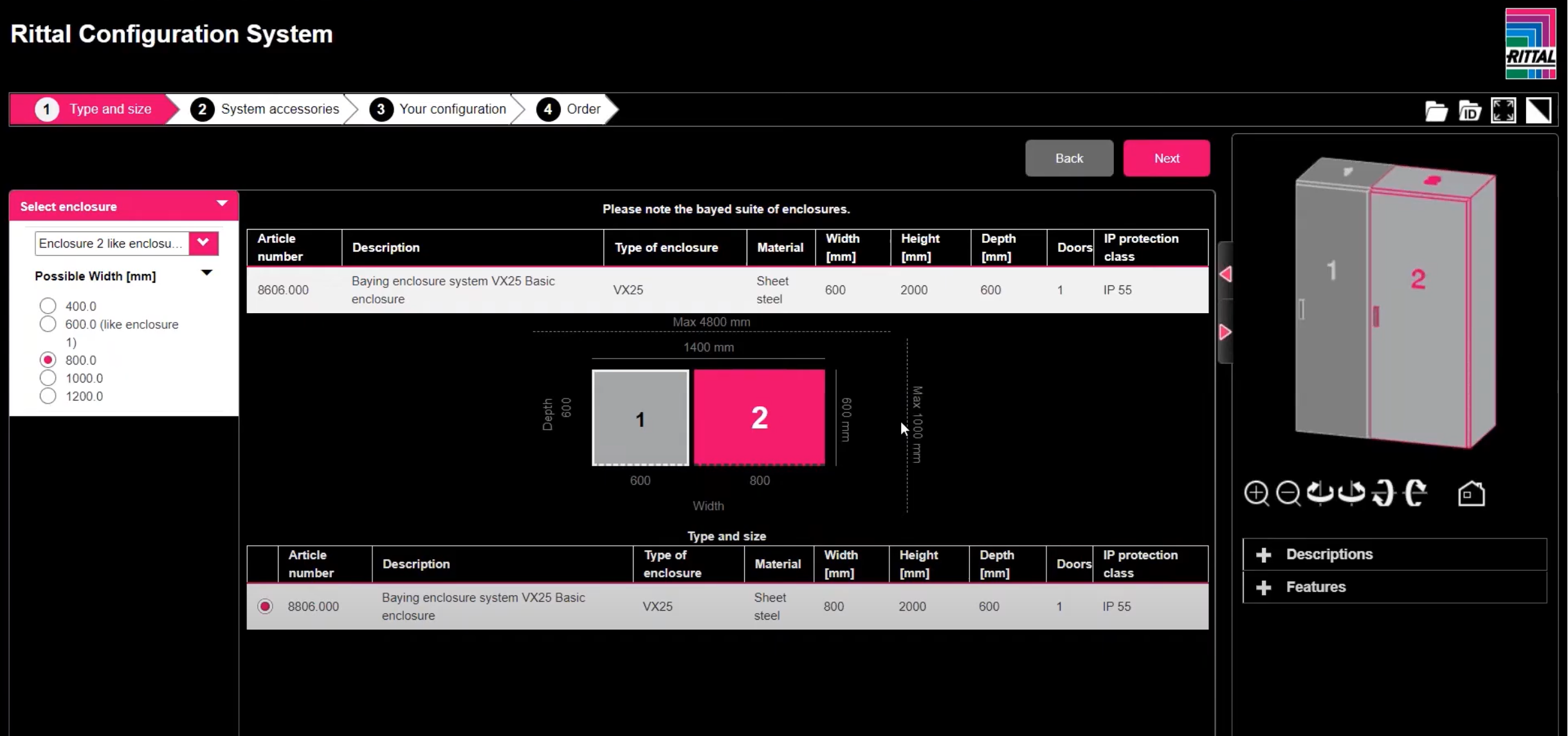Optimising operations and removing bottlenecks
Scrutinise your current processes
Optimising the performance of a company is no easy task at the best of times, but when you are operating in a new and challenging environment, it can become both a minefield and a race against the clock. The starting point is to take a transformative approach to scrutinise processes that have been used with very little alteration over a long period of time, with the aim of re-designing processes in order to take advantage of new flexible working patterns and discover new, more efficient ways of doing things.
After understanding the elements of your business that do not work as well as they once did, you’ll be able move on to devising solutions and improvements by drawing upon the experience and ideas from the existing skillset within the organisation. One way to create a sound foundation for large productivity improvements is by combining the value-enhancing process steps in engineering, design, work preparation, production and maintenance into one efficient whole.
Optimise your value chain
EPLAN’s CAE software provides solutions that save engineering time and cost by simplifying and automating almost every aspect of the design process. Meanwhile, Rittal production equipment – which includes laser cutters, machines for cutting trunking and mounting rails to length, wire stripping machines and wiring machines – is the key to optimising engineering and production processes, and breaking down the walls between engineering and production. Thanks to the synergies between EPLAN systems and Rittal products, almost all aspects of control panel manufacture can be automated, which shortens processing times, minimises the risk of errors, optimises the use of materials and increases productivity.
But given the current economic climate, many managers and business owners will be disinclined to spend money at the moment. Research has shown that as the economy starts to recover the appetite for investment, automation and technology will return, with these areas typically the first recipients of capital spend. However, if this isn’t the right time for you to invest in automation technologies, other options are available. Tools and services included in the Rittal Configuration System (RICS), which integrates directly with EPLAN Pro Panel software or available for use on the Rittal website, make it possible for engineers to configure control cabinets easily and quickly, then have them manufactured to order by Rittal and delivered ready for immediate use.

The RICS Configurator
RICS users simply select their preferred enclosure system and start configuring. Progress can be tracked at any time with 3D visualisation and, once the online configuration has been completed, the specification and order are sent directly to Rittal. The service is fast, efficient and competitively priced, and RICS draws on Rittal’s extensive experience to ensure that configurations are always optimised.
Only truly comprehensive solutions for optimising processes in electrical system design will help users make real progress. This means that there is a greater need for combined hardware and software solutions, product-related data and holistic services for process integration throughout the operations. When all the solutions really come together, the end result is enormous gains in productivity and profitability.
We believe that in the future, CAE software will play an ever-greater role in planning, designing and organising engineering projects. The software will enable better and faster communication between customers and manufacturers, as well as providing greater integration with manufacturing technologies available on the shop floor. All of these things are being made possible by the emergence and growth of Industry 4.0 and Internet of Things (IoT).
We can prepare you for the future
Here at EPLAN and Rittal, we believe that even a modest investment or a change in habits can yield dividends and prepare businesses for tomorrow. This is why we advise companies to first audit their systems and processes in order to accurately pin-point bottlenecks and inefficiencies as research has shown that machines cannot be a bottleneck and must be able to accelerate the pace of manual processes2. And because we understand this is unchartered territory for many, we have put together a white paper to provide guidance for business owners on the tools and systems available to them. Simply download the white paper free of charge:
1https://www.paconsulting.com/insights/covid-19-rethinking-how-to-manage-cost-in-a-time-of-crisis/




Comments